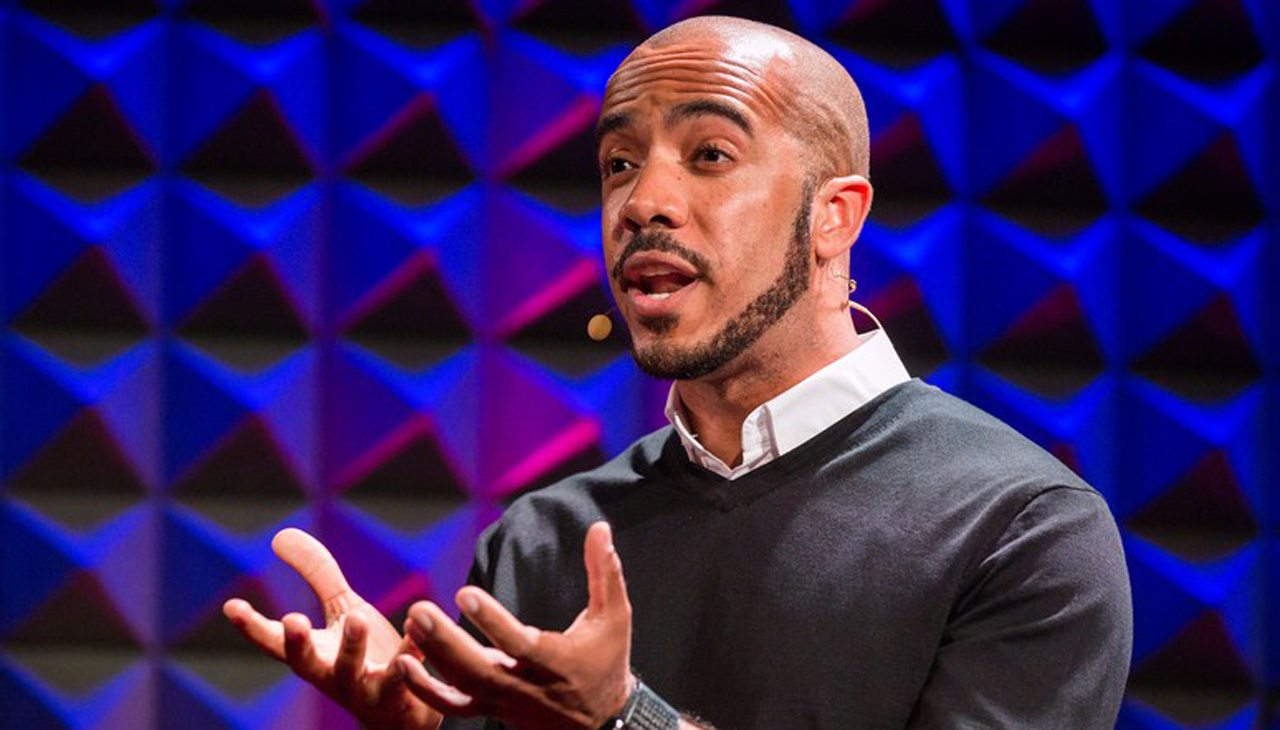Clint Smith believes we all share a story, the human story. It’s in the telling, he believes, that we emerge as individuals and celebrate what we have in common. His two TED Talks, The Danger of Silence and How to Raise a Black Son in America have been viewed more than four million times. Using his experience as an award-winning teacher and poet to share personal stories of justice, community, and education, his customizable art-form illuminates how we can all find the courage to create change, overcome challenges, and unite ourselves through the power of the collective voice. The Boston Globe talked to Clint about his new book of poetry, Counting Descent:
Thanks in part to his popular TED talks and a high Twitter profile, Clint Smith was already well known as a poet and thinker even before he began work on a doctorate at Harvard’s Graduate School of Education.
But Smith, a New Orleans native, doesn’t see his new role as a graduate student as a change in direction. “I kind of follow in the tradition of some folks — some thinkers and scholars I really look up — who reject the idea of intellectual compartmentalization,” Smith said, citing W.E.B. Du Bois as a model in rejecting “this notion that your intellectual project could only manifest itself in one particular way.”
For Smith, a National Poetry Slam champion who began writing verse while teaching high school English, all of his work — whether as an educator, a social scientist, or a poet — aims to address the same set of questions. Chief among them is the big one: “Why does the world look the way that it does today?” It’s a question Smith looks at through the lens of racial inequality in everything from education to incarceration to images in popular culture.
“Counting Descent” is Smith’s first volume of poetry; much of it focuses on his childhood. A major theme of the book, he added, “is what I call the marathon of cognitive dissonance” of growing up black in America. “What does it mean to grow up in a home in which you feel loved, affirmed, and celebrated, and then go out to a broader world in which you are constantly rendered a caricature of fear, in which you are stopped and frisked?”
Whether mining his own life stories or “sitting with these ideas and these texts, the history I read, the sociology I read,” Smith added, “it comes out in the form of art.”

